
Available 24/7
Available 24/7

There are many plants that are associated with different gods and goddesses in Hindu mythology. Here are twenty plants that are particularly significant:
Tulsi (Ocimum tenuiflorum) is a sacred plant in Hinduism, and is often called the "Queen of Herbs" for its medicinal properties. It is associated with the goddess Lakshmi, the wife of Vishnu, and is often planted in front of homes and temples.
The lotus (Nelumbo nucifera) is a symbol of purity and spiritual awakening, and is associated with the goddesses Lakshmi and Saraswati, as well as the god Brahma.
The neem tree (Azadirachta indica) is known for its medicinal properties, and is often associated with the god Vishnu. In some stories, Vishnu is said to have rested on a neem tree during his incarnation as the dwarf Vamana.
The banyan tree (Ficus benghalensis) is considered sacred in Hinduism, and is often associated with the god Shiva. It is said that the banyan tree provides shelter and nourishment to all living beings.
The sandalwood tree (Santalum album) is highly prized for its fragrant wood, and is associated with the goddess Lakshmi and the god Vishnu. Sandalwood is often used in Hindu rituals and ceremonies, and its fragrance is believed to have calming properties.
The mango tree (Mangifera indica) is associated with the god Krishna, who is said to have loved to eat mangoes. In Hindu mythology, the mango is also a symbol of love and fertility.
The pippal tree (Ficus religiosa) is considered sacred in Hinduism, and is associated with the god Vishnu. It is said that the peepal tree provides shelter and nourishment to all living beings, and that meditating under a peepal tree can bring wisdom and enlightenment.
The ashoka tree (Saraca asoca) is associated with the goddesses Lakshmi and Saraswati, as well as the god Shiva. In Hindu mythology, it is said that the ashoka tree brings love and happiness to those who plant it.
The coconut tree (Cocos nucifera) is associated with the god Vishnu, who is often depicted holding a coconut in his hand. In Hindu mythology, the coconut is considered a symbol of life and fertility.
The pippal tree (Ficus religiosa) is another sacred tree in Hinduism, and is associated with the god Shiva. It is said that the pippal tree provides shelter and nourishment to all living beings, and that meditating under a pippal tree can bring wisdom and enlightenment.
The bilva tree (Aegle marmelos) is associated with the god Shiva, and is often used in Hindu rituals and ceremonies.
The palasha tree (Butea monosperma) is associated with the god Agni, the god of fire, and is said to be the tree under which the sage Valmiki wrote the epic poem Ramayana.
The aksha tree (Madhuca latifolia) is associated with the goddess Ganga, who is said to reside in its leaves.
The parijata tree (Nyctanthes arbor-tristis) is associated with the god Krishna, and is said to have bloomed in the gardens of Indra, the king of the gods.
The nagakeshara (Mesua ferrea) tree is associated with the god Vishnu, and is said to possess powerful medicinal properties.
The kadamba tree (Neolamarckia cadamba) is associated with the god Krishna, and is said to have bloomed in the gardens of Indra, the king of the gods.
The arjuna tree (Terminalia arjuna) is associated with the god Arjuna, one of the heroes of the epic poem Mahabharata.
The vata tree (Ficus benghalensis) is associated with the god Vayu, the god of wind, and is said to have the ability to grant wishes.
The ashvattha tree (Ficus religiosa) is associated with the god Brahma, and is said to be the tree under which the god attained enlightenment.
The jambu tree (Syzygium cumini) is associated with the god Vishnu, and is said to possess powerful medicinal properties. It is also known as the "black plum" tree.
These plants are considered sacred in Hinduism, and are often used in religious rituals and ceremonies. They are also valued for their medicinal properties, and many of them are used in traditional Ayurvedic medicine.
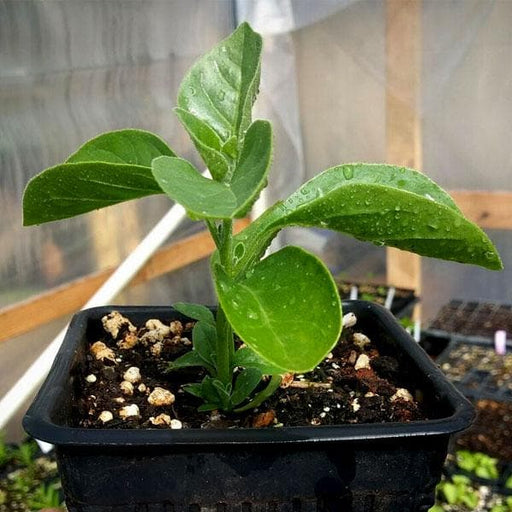 Sold out
Sold out
Ashwagandha - The Adaptogenic Wonder Plant Ashwagandha, scientifically known as Withania somnifera, is a revered herb in Ayurvedic medicin...
View full details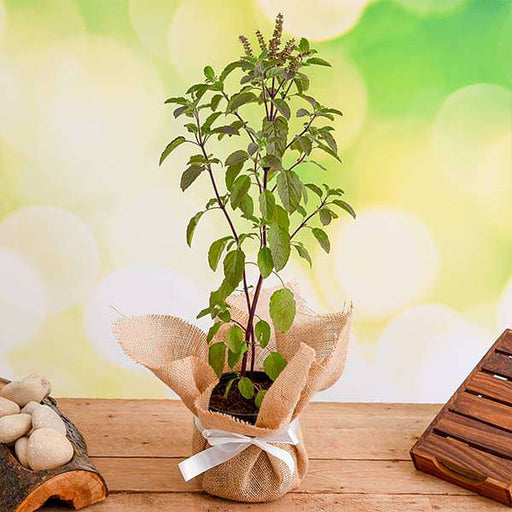 Sold out
Sold out
Auspicious Tulsi Plant with Jute Wrap The Auspicious Tulsi Plant, elegantly wrapped in eco-friendly jute, is a perfect gift for loved ones...
View full details
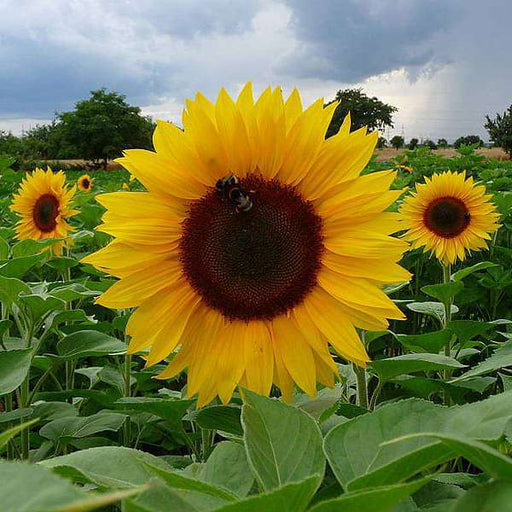 Sold out
Sold out
Sunflower Russian Giant - Desi Flower Seeds Discover the beauty and grandeur of the Sunflower Russian Giant, a stunning addition to any ga...
View full details
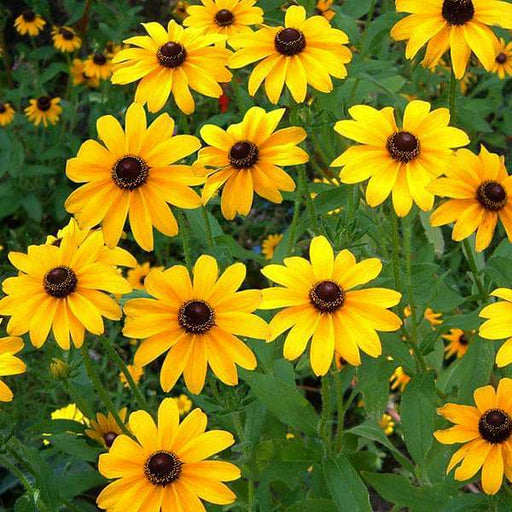 Save 25%
Save 25%
Sunflower Miniature - Desi Flower Seeds Bring a burst of sunshine to your garden with our Sunflower Miniature - Desi Flower Seeds. These c...
View full details
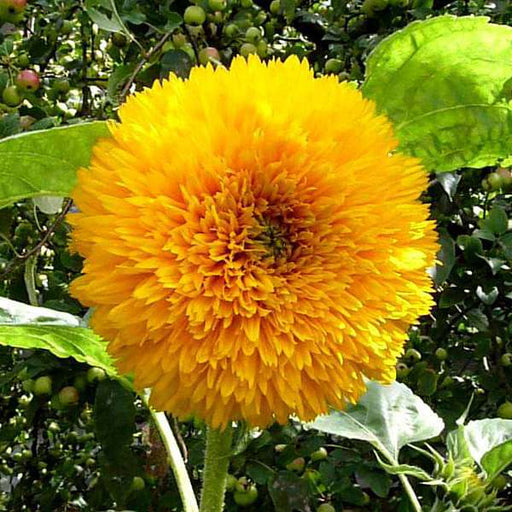 Save 25%
Save 25%
Sunflower Sungold - Desi Flower Seeds Introducing the Sunflower Sungold - Desi Flower Seeds, a vibrant addition to your garden that brings...
View full details
 Save 35%
Save 35%
Sunflower Miniature - Flower Seeds Bring a burst of sunshine to your garden with our Sunflower Miniature Flower Seeds. These charming litt...
View full details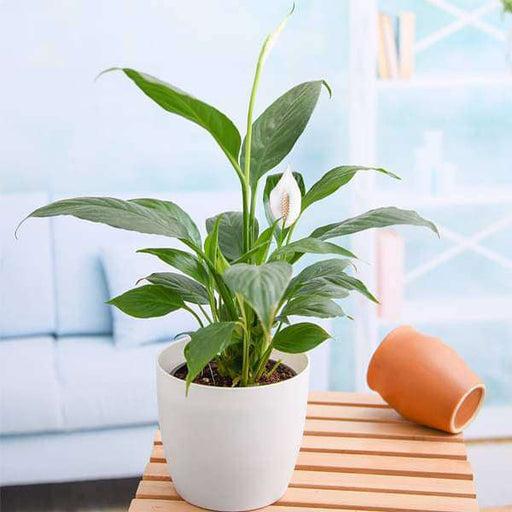
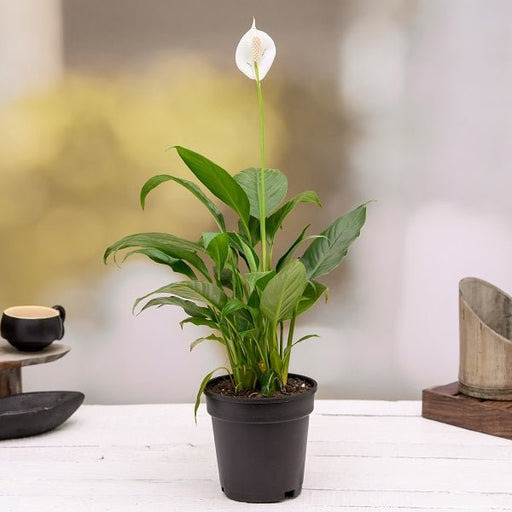 Save up to 15%
Save up to 15%
Peace Lily, Spathiphyllum - Plant The Peace Lily, scientifically known as Spathiphyllum, is a stunning houseplant celebrated for its elegant white...
View full details
 Save 18%
Save 18%
Combo Constituents Includes the Parijat Tree (Night-Flowering Jasmine), a culturally significant plant with fragrant flowers. Description The Pari...
View full details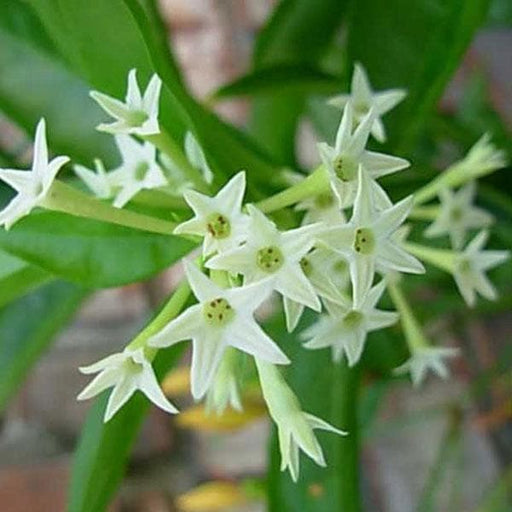
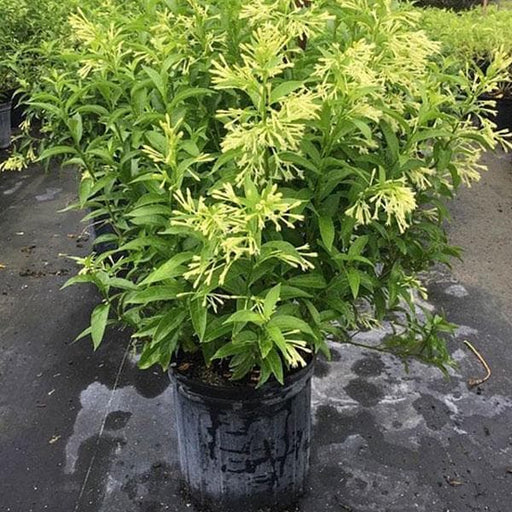 Save 25%
Save 25%
Description Raat Ki Rani (*Cestrum nocturnum*), also known as Night Blooming Jasmine, is a fragrant shrub native to the Caribbean and Central Ameri...
View full details
 Save 25%
Save 25%
Jasminum sambac, Mogra, Arabian Jasmine - Plant Jasminum sambac, commonly known as Mogra or Arabian Jasmine, is a fragrant flowering plant...
View full details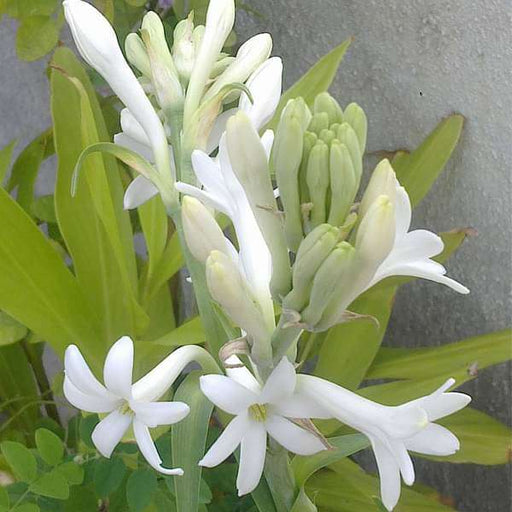
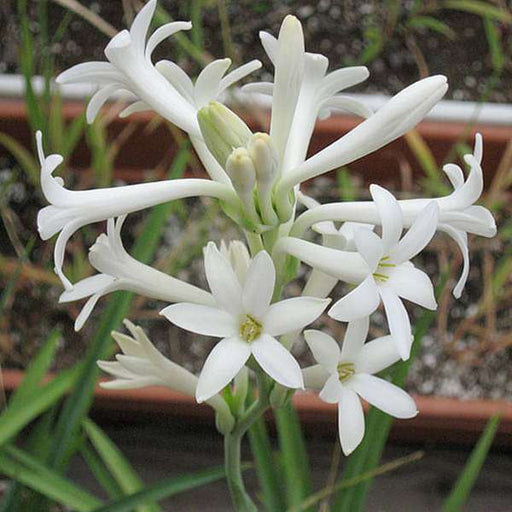 Save 17%
Save 17%
Rajnigandha, Tuberose - Plant The Rajnigandha, scientifically known as Polianthes tuberosa, is a captivating perennial plant renowned for ...
View full details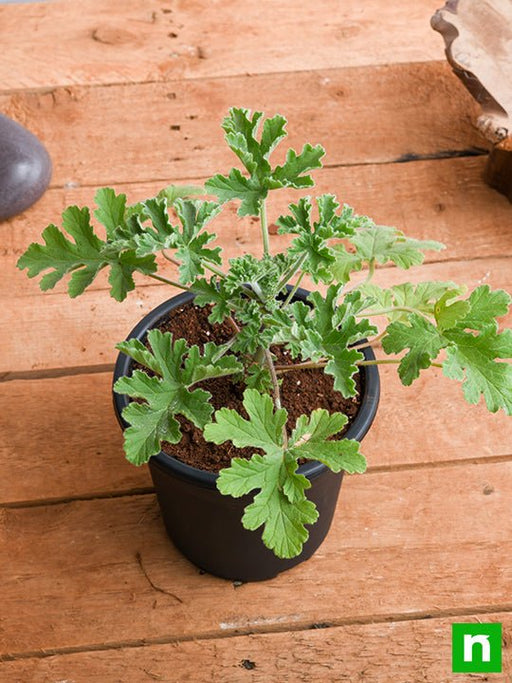
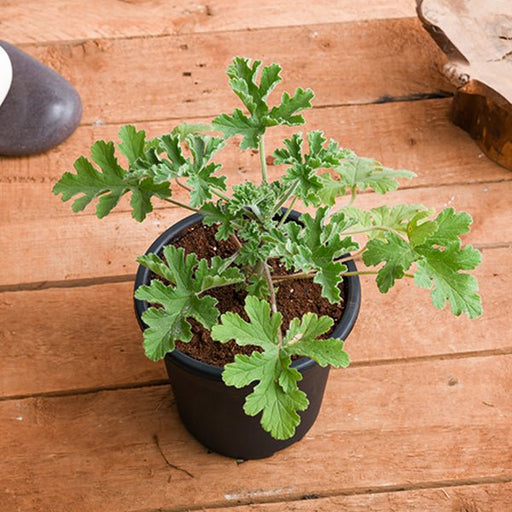 Sold out
Sold out
Citronella, Odomas - Plant The Citronella plant, scientifically known as Cymbopogon nardus, is a tropical grass renowned for its aromatic ...
View full details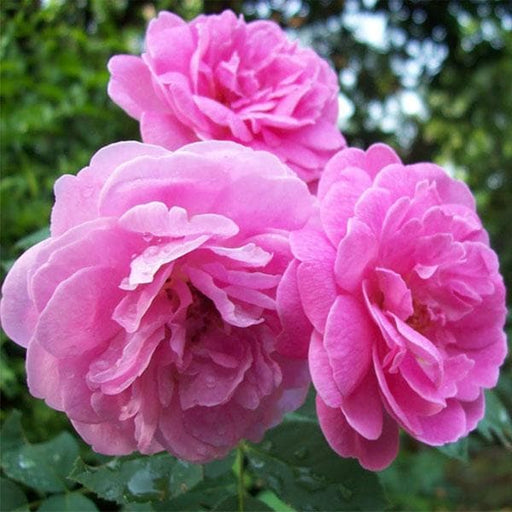 Save 25%
Save 25%
Damascus Rose, Scented Rose (Any Color) - Plant The Damascus Rose, also known as Rosa damascena, is a timeless symbol of beauty and romanc...
View full details
 Save 35%
Save 35%
Best 6 Plants for Perfect Indoor Garden Transform your living space into a lush oasis with our curated collection of the Best 6 Plants for a...
View full details
 Save up to 50%
Save up to 50%
Mini Succulent Garden Pack Transform your space with our Mini Succulent Garden Pack, featuring a delightful collection of 4 any variety beautiful s...
View full details
 Save 30%
Save 30%
5 Best Fragrant Plants Transform your garden or indoor space into a fragrant paradise with our curated selection of the 5 Best Fragrant Plants. Th...
View full details
 Save 24%
Save 24%
Set of 2 Bonsai Looking Grafted Adeniums Transform your indoor or outdoor space with our exquisite Set of 2 Bonsai Looking Grafted Adenium...
View full details Save 45%
Save 45%
Top 4 Die Hard Succulents Pack Transform your indoor or outdoor space with our Top 4 Die Hard Succulents Pack, featuring a curated selecti...
View full details
 Save 30%
Save 30%
5 Best Indoor Plants Pack Transform your living space into a lush oasis with our '5 Best Indoor Plants Pack.' This carefully curated collection fe...
View full details
 Save 25%
Save 25%
Set of 4 Evergreen Air Purifier Plant Pack Transform your indoor space into a lush, green oasis with our Set of 4 Evergreen Air Purifier Pla...
View full details
Leave a comment